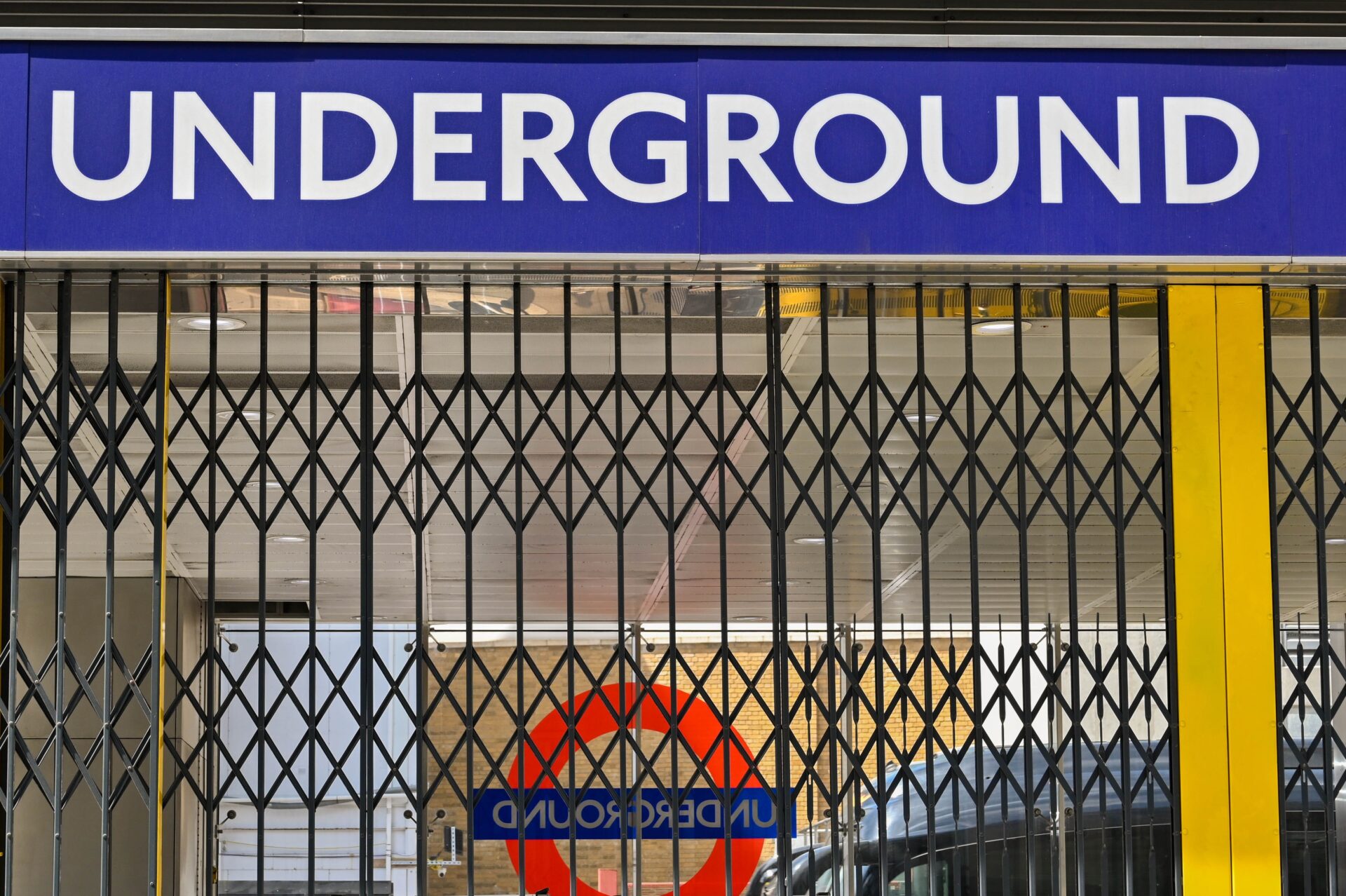Hybrid work is integral as Tube, DLR and train strikes cause chaos for working people, according to Ronni Zehavi, CEO and co-founder at HiBob.
Tube and DLR strikes in September have left working people facing major disruption, with little to no Underground service between 8th and 11th September and no DLR trains on 9th and 11th September.
The Elizabeth line, London Overground and trams will run as normal but will be extremely busy.
Some trains may be unable to stop at stations shared with the Tube.
Bus strikes in the West, North West and South West, planned from 12th to 15th September on First Bus routes, mean little or no service is likely.
Local buses not affected by the strike are expected to be busier.
Zehavi said: “As millions of Londoners waste hours walking, cycling or queuing for public transport this week just to show their face in the office, the value of hybrid work has never been clearer.
“Instead of spending hours commuting only to arrive tired, employees working from home start the day focused and productive.
“Not every role can be done remotely, but where flexibility is possible, it should be embraced.”
Zehavi added: “Allowing people to work from home during strike action – and whenever needed to suit their life-work balance – takes the stress out of disrupted commutes to keep teams energised and productivity high.
“But flexibility is about more than avoiding disruption, it’s about trust.
“When people feel supported to work in ways that help them thrive, they’re more engaged, loyal and motivated.
“By leaning into flexible working, especially in moments of disruption, businesses can strengthen culture and build a more resilient workforce.”

















